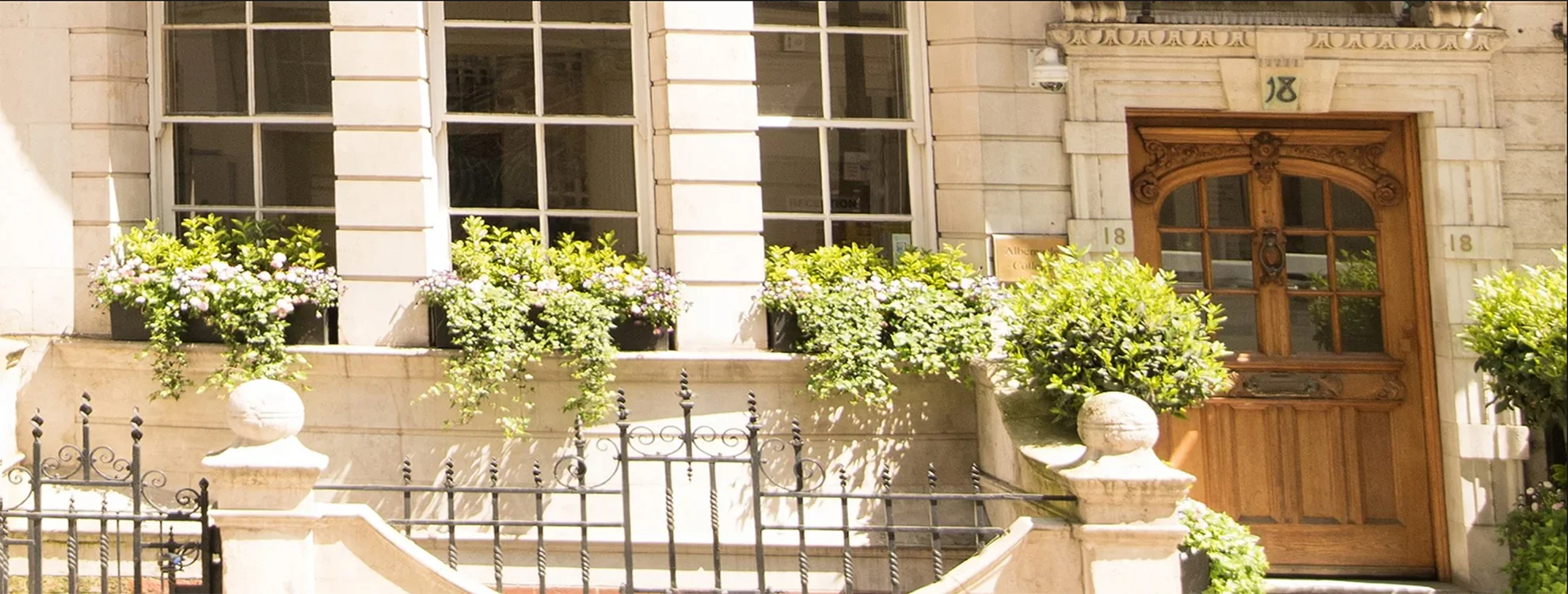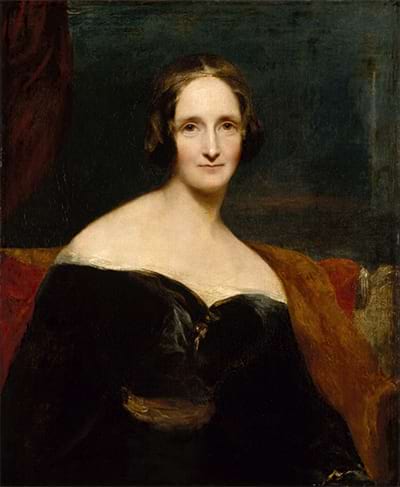








A Level Course Outline
Who should study English Literature?

If you want to study English at A-level you must enjoy reading books and writing essays. You will already be a keen reader outside the classroom. English Literature at A-level has a depth and scope that is far beyond GCSE and even AS courses. During your A-level course, you will study a selection of prose, poetry and drama. You will be expected to articulate your ideas in class and on paper. English Literature works very well with almost any other subject, but particularly History, Philosophy, Religious Studies and languages.
What does the course aim to do?
English A-level courses aim to develop your ability to interpret and write about literary texts. The Edexcel syllabus allows you to study a wide range of texts from different historical periods. The course also puts an emphasis on independent thinking, assessed through one 3,500 word coursework essay.
Course structure
Component 1: Drama
Texts:
Shakespeare, Othello and Tennessee Williams, A Streetcar Named Desire
Examination:
2 hours 15 minutes – Open book – 30% of A-level
Section A: one essay question on Othello
Section B: one essay question on A Streetcar Named Desire
Component 2: Prose
Texts:
Mary Shelley, Frankenstein and Margaret Atwood, The Handmaid's Tale
Examination:
1 hour 15 minutes – Open book – 20% of A-level
One comparative essay on Frankenstein and The Handmaid's Tale.
Component 3: Poetry
Texts:
Poems of the Decade: An Anthology of Poetry 2002-2011
The Poetry of John Keats (Penguin)
Examination:
2 hours 15 minutes – Open book – 30% of A-level
Section A: one essay on an unseen poem and one poem from Poems of the Decade
Section B: one essay question on The Poetry of John Keats
Non-examination assessment (20% of A-level)
What skills will you develop?
English Literature helps you to develop a wide range of skills. For a start, you will develop your ability as an independent reader and thinker. The analytical skills that you will build in your study of literature will be applicable in many other fields. You will be doing a lot of writing, so you should expect to develop an ability to write clearly and to assemble complex arguments. The ability to write well is an advantage on every university course and in every workplace.
What will you find challenging about the course?
You should not underestimate the sheer volume of reading required for English Literature A-level. The independent work required for the coursework element can be hugely rewarding, but it can also be very difficult, as, perhaps for the first time, you will be expected to develop you own arguments and interpretations about the books that you are reading. Making the transition from GCSE can be challenging for many students.
With the guidance of your teacher, you will choose two texts, linked by author, theme or period. You will write one 3000-word essay comparing the texts.
Structure of the course
You will have six one-hour lessons per week. Homework will be set weekly and deadlines must be adhered to.
Core texts
Shakespeare, Othello; Williams, A Streetcar Named Desire; Shelley, Frankenstein; Atwood, The Handmaid's Tale; The Poetry of John Keats (Penguin); Poems of the Decade; two coursework texts.
Suggestions for further reading
Alain-Fournier, Le Grand Meaulnes
Amis, M, Time's Arrow
Austen, Pride & Prejudice
Auster, The New York Trilogy
Bowen, The Heat of the Day
Bronte, C, Jane Eyre
Bronte, E, Wuthering Heights
Burgess, A Clockwork Orange
Burroughs, Junky
Calvino, If on a winter's night a traveller
Camus, The Outsider
Canetti, Auto da Fé
Carter, The Bloody Chamber
Chandler, The Big Sleep
Chekhov, Short stories
Coetzee, Disgrace
Coleridge, The Rime of the Ancient Mariner
Conrad, The Secret Agent
Defoe, Robinson Crusoe
Dickens, Great Expectations
Donne, Songs and Sonnets
Dostoyevsky, Crime and Punishment
Eliot, G, The Mill on the Floss
Faulkner, As I Lay Dying
Fitzgerald, Tender is the Night
Fowles, The Magus
Garcia Marquez, Love in the Time of Cholera
Gibson, Neuromancer
Golding, The Inheritors
Greene, Brighton Rock
Hartley, The Go-Between
Heaney, Selected poems
Heller, J, Catch-22
Hemingway, The Sun Also Rises
Huxley, Brave New World
Ishiguro, The Remains of the Day
James, The Turn of the Screw
Joyce, Dubliners
Kafka, Metamorphosis
Kerouac, On the Road
Kesey, One Flew Over the Cuckoo's Nest
Levi, The Periodic Table
Mann, Buddenbrooks
McCarthy, The Border Trilogy
McCullers, The Heart is a Lonely Hunter
McEwan, The Child in Time
Melville, Moby Dick
Morrison, Beloved
Murdoch, The Bell
Nabokov, Lolita
Orwell, 1984
Plath, Ariel
Poe, Short stories
Salinger, Catcher in the Rye
Sartre, Nausea
Shakespeare, Plays, sonnets
Simenon, Maigret stories
Solzhenitsyn, One Day in the Life of Ivan Denisovich
Steinbeck, The Grapes of Wrath
Tartt, The Secret History
Twain, Huckleberry Finn
Vonnegut, Slaughterhouse Five
Waugh, Brideshead Revisited
Wharton, The Age of Innocence
Woolf, Mrs Dalloway
Zamyatin, We
Zola, Therese Raquin